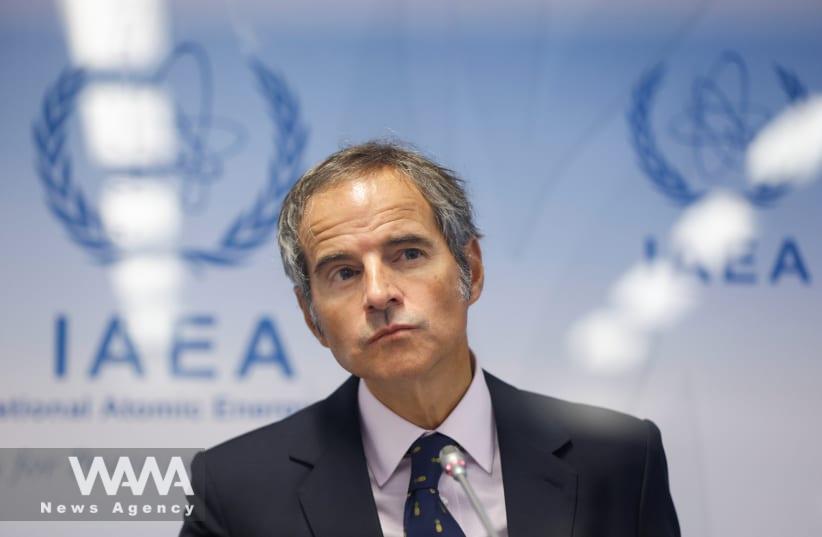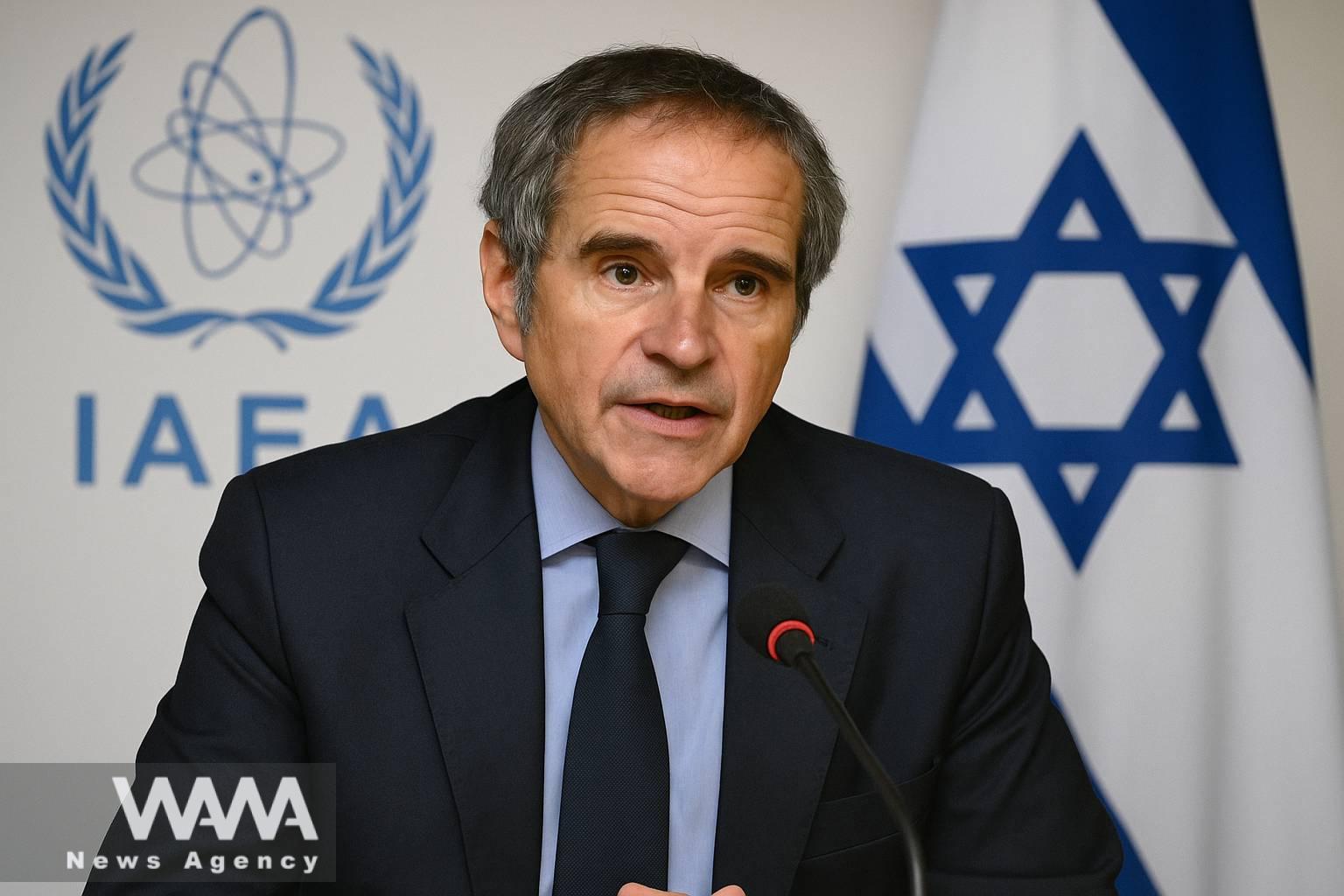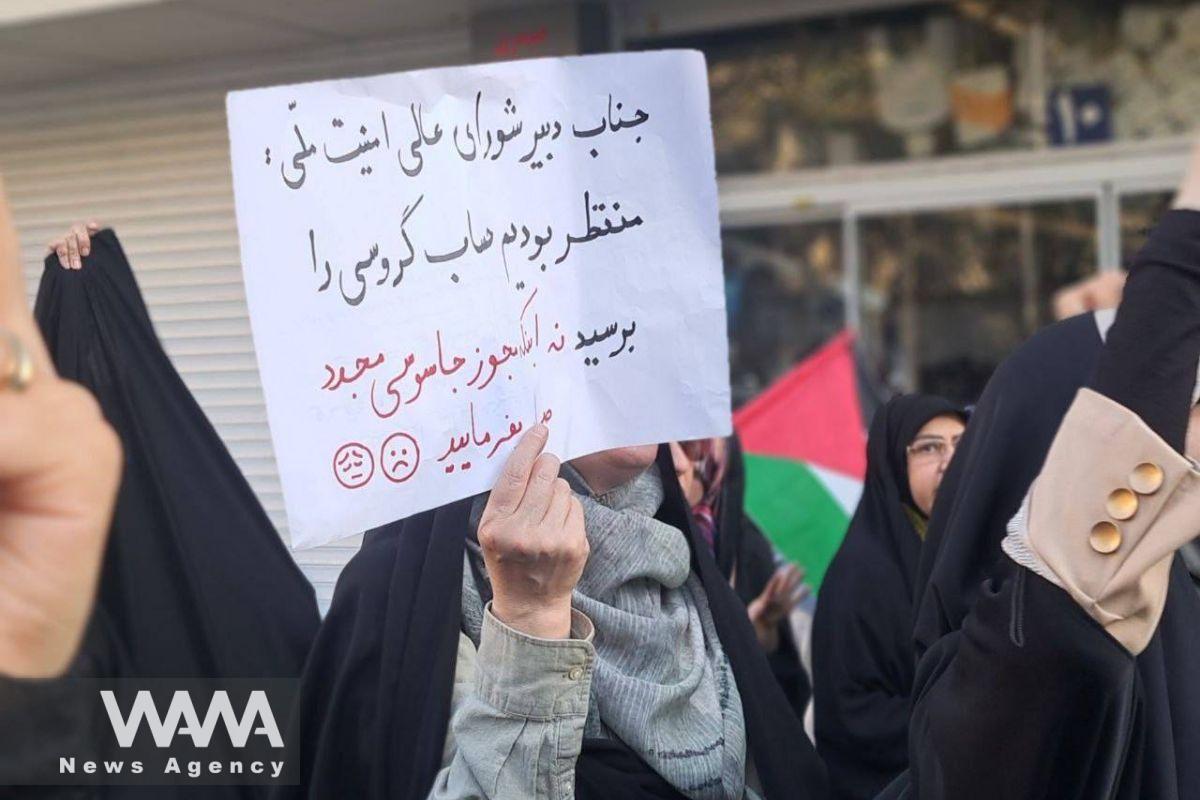WANA (Oct 26) – The Director General of the International Atomic Energy Agency (IAEA) acknowledged that “scientific knowledge cannot be destroyed,” saying that if Iran decides to restore its uranium enrichment capacity or other nuclear activities, such a move would not be impossible for a country with strong determination like Iran.
Speaking on Thursday at the Swiss Federal Institute of Technology in Lausanne (EPFL), Rafael Grossi discussed nuclear diplomacy and global challenges, emphasizing that global interest in nuclear energy is on the rise. “Except for Germany, most countries are either using nuclear energy or reconsidering their policies,” he said.
According to Grossi, nuclear technology is not limited to power generation; it also plays a key role in cancer treatment, water management, and environmental protection — areas of particular importance to developing nations.
Referring to recent attacks on Iran’s nuclear facilities, Grossi said: “Last June, we witnessed unbelievable attacks on Iran’s nuclear sites. The JCPOA, which was under IAEA supervision, was gradually abandoned, leading to a series of confrontations. We are now trying to rebuild trust, because without strict inspections, trust cannot be restored.”

WANA (Oct 24) – Iran’s Deputy Foreign Minister for Legal and International Affairs announced that the permanent representatives of Iran, Russia, and China have sent a joint letter to the Director General of the International Atomic Energy Agency (IAEA), Rafael Grossi. In the letter, the three countries declared the activation of the so-called “snapback” mechanism […]
He added that informal and behind-the-scenes diplomacy is essential to prevent further escalation in an already volatile region.
When asked about Israel’s nuclear program, Grossi stated, “The Agency does not have the authority to go there because Israel is not a party to the NPT.” He mentioned four countries outside the treaty — India, Pakistan, Israel, and North Korea — and admitted that while the situation is not fair, “we live in an unfair world, and our job is to manage risks and maintain stability.”
Grossi further clarified: “In my latest report, I clearly said that Iran does not possess nuclear weapons and has no active program to build them, though questions remain about the transparency of its nuclear activities.”
He concluded: “Iran retains its nuclear know-how, and if it chooses, it can rebuild its capacities. Our effort is to restore trust through diplomacy and piece together the elements of a new agreement.”
A banner written: “Mr. Secretary of the Supreme National Security Council: We were expecting you to hold Grossi accountable, not to grant permission for spying again.” Social media/ WANA News Agency

